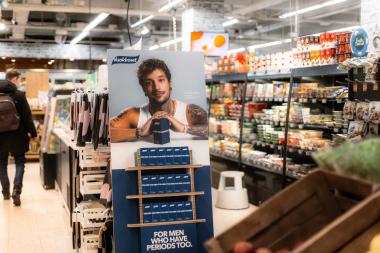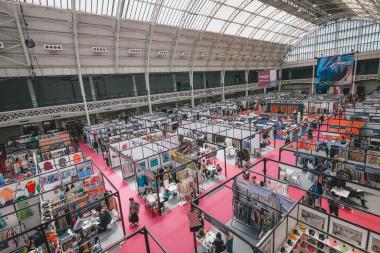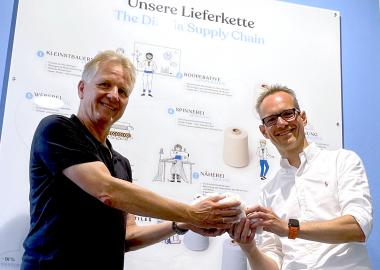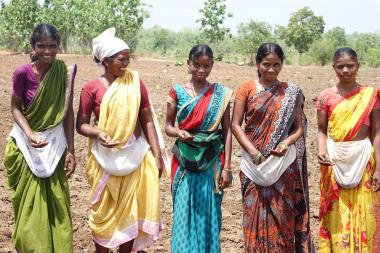Carbios at two-year anniversary of France 2030
Carbios was one of eight beneficiaries selected to present the progress of its industrial project in the presence of the President of the French Republic on the occasion of the two-
year anniversary of the launch of the France 2030 investment plan. Carbios is receiving €42.5 million in public funding (€30 million from the State as part of France 2030 and €12.5 million from the Grand-Est Region) for the construction of the plant for the enzymatic depolymerization of PET. Carbios is an emblematic example of the France 2030 initiative to support innovative projects that contribute to reindustrialization through innovation in strategic sectors, such as recycling. This plant, located in Longlaville in the Grand-Est Region, will be Carbios' first industrial site. Construction has just begun.
Carbios' technology enables PET circularity and provides an alternative raw material to virgin fossil-based monomers, allowing PET producers, waste management companies, public entities, and brands to have an efficient solution to meet regulatory requirements and fulfill their own sustainability commitments. The plant will have a processing capacity of 50,000 tons of post-consumer PET waste per year (equivalent to 2 billion colored PET bottles, 2.5 billion PET trays, or 300 million T-shirts) and will address waste with little or no value such as colored PET bottles, food trays, and textiles. The plant will create 150 direct and indirect jobs in the region. In October 2023, Carbios obtained the building permit in 10 months (the average duration in France is 17 months) and the site operating permit, allowing construction to begin. The plant is currently under construction in Longlaville in the Grand-Est Region.
Carbios































